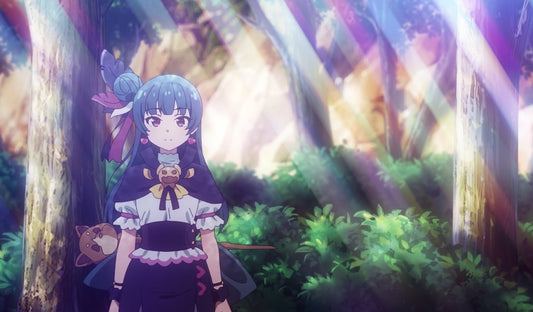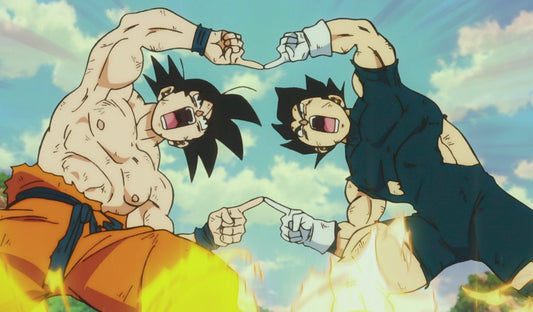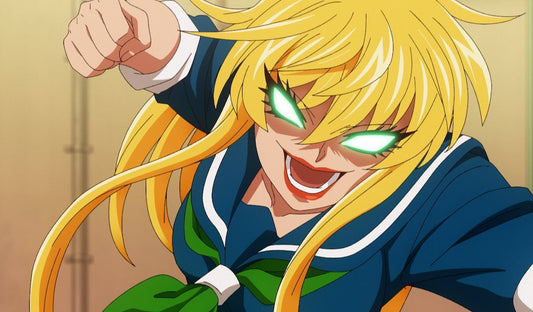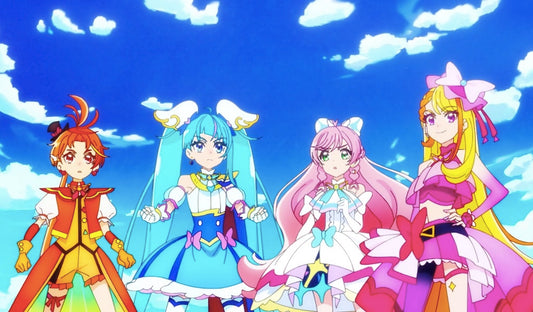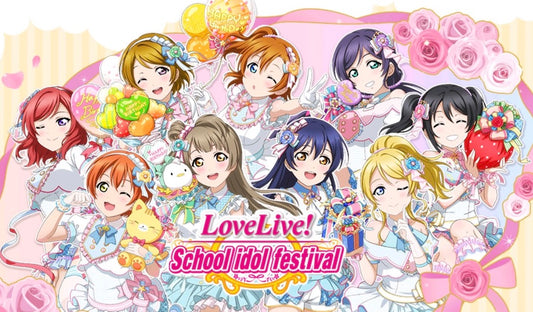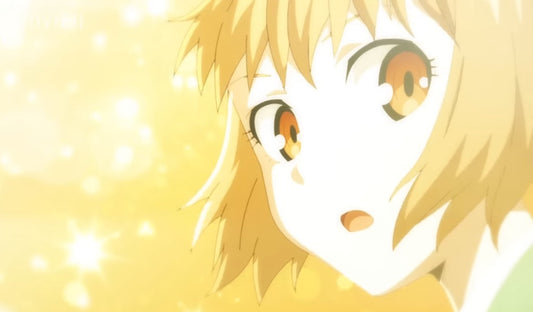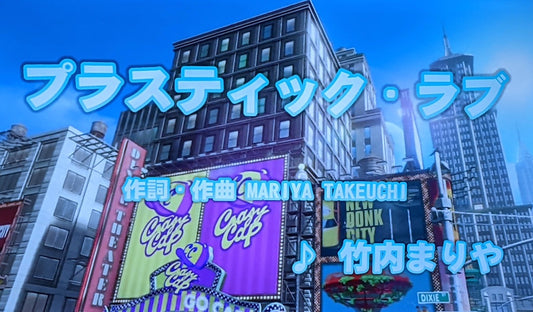Enter the world of Japanese rhythm games with Jubeat
Desheng ChenShare


Welcome to my first article. As the title suggests, I am going to take you to a whole new world – the world of Japanese rhythm games. We shall start with Jubeat.
For a start, let’s see… how many of you know what a rhythm game is? If you do, how many rhythm games can you name?
I suppose many of you know about Guitar Hero and Rock Band. These are famous rhythm games from the west, after all. Now… how about Japanese rhythm games? Try naming one that isn’t Dance Dance Revolution? If you can name even a few, I salute you. If you can’t, well, that’s what I’m here for.
Let me give you an introduction on Japanese rhythm games. This is my favourite genre in gaming, and I have so much to share about it. So much that I have trouble thinking about where to start.
The Genre:
A rhythm game, also known as a music game or otoge (音ゲー) in Japanese, is a type of video game in which the gameplay revolves around music, as its name suggests. The gameplay can vary greatly but the core idea is simple.
- Start a song.
- Musical notes appear on the screen. You hit it at the right timing.
- Repeat until the song ends.
That is the gist of it. I told you it was simple.
Guitar Hero and Rock Band are about playing guitars and drums. If you hold the right frets on a guitar hero controller and strum at the right timing, you will get the right sound. Same goes for the drum-kit controller. Hit the snare drum or kick the bass drum at the right time, and the music will sound beautiful. Just the way it should be. On the other hand, play badly, and the music can and will sound horrible.
The Game: Jubeat
Let’s start with a simple rhythm game, Jubeat. People with absolutely no experience in rhythm games can start with this comfortably. This is a bemani game, by Konami Digital Entertainment. If you’re wondering what “bemani” means, it is the brand name for Konami’s rhythm games. Jubeat is a rhythm game that can be found in many arcades in Japan. USA has some too, localized under the name “UBeat” at first and “Jukebeat” subsequently.

The picture above shows a Jubeat Prop machine. Prop is the version name of the 6th and latest version of Jubeat. The first six are Jubeat, Jubeat Ripples, Jubeat Knit, Jubeat Copious, Jubeat Saucer, and Jubeat Saucer Fulfill respectively.
How to Play:
So, you don’t have the game, and you don’t live in a country that has it… Fret not. This game has a smart phone/tablet version known as Jubeat+ (Jubeat Plus). It is available on both Google Play and Apple’s App Store.
Here are some screenshots of the game.
As you can see from the picture, there are only 5 songs available. In fact, after downloading the game, you are only going to have 4 songs. The song on the top right, engraved mark, is a “gift song” that you can get for free if you download several other bemani games in your phone or tablet. More on this in future articles.
Here is a video of the gameplay. It is played by TD s, from youtube.
A short explanation of the gameplay. There are 16 squares on the screen. Notes will pop up in these squares according to the music’s beat and rhythm. Touch the screen where the notes pop up. There are 5 different timing judgements for Jubeat. Perfect, great, good, poor, and miss. If you touch the screen at the right timing, you will get perfect. Off-timing and you’ll get great, good, or poor, depending on how early or late you are. If you completely miss a note, well, you get a miss.
The more perfects you have, the higher you score. Scores will determine your grade, which ranges from SSS, SS, S, A, B, C, D, to E. Your scores and grades are all recorded and will be shown when you select the song again. If you get no poors and misses, you will get a full combo for that song. If you get perfects for all notes in a song, therefore a full 10,000,000 score, you will get “EXC” which stands for excellent. “Full combo” and “excellent” will also be shown alongside your scores and grades.In order to get more songs, you will need to buy them from within the game.
Songs come in packs of 4 songs, that cost 500 yen for each pack. The packs all have their own themes. In the picture above, you can see WHITE ASH pack 2, which is a pack of 4 songs by the Japanese band White Ash. This is a licensed pack, as White Ash does not belong to Konami. There is also a GITADORA pack, a pack of songs from Gitadora which is another bemani game.
In additional to the basic gameplay,there are many features in the game such as Jubeat lab. sorting folders, as well as many settings you can tweak to your liking to enhance gameplay. There are simply way too many things to cover in this one article, so I will have another article for that in the future.
Expert Tip:
The most important feature you should know, so that you can go play right away without missing a beat.
By clicking on the little rectangle on the top left corner of the screen, you can change your marker. Markers are basically the way the musical notes show up when you are playing a song. It is entirely up to your preference, although some markers are definitely better than others. The one shown in the picture is the most popular marker, known as “shutter”.
Now go nuts with the game!



